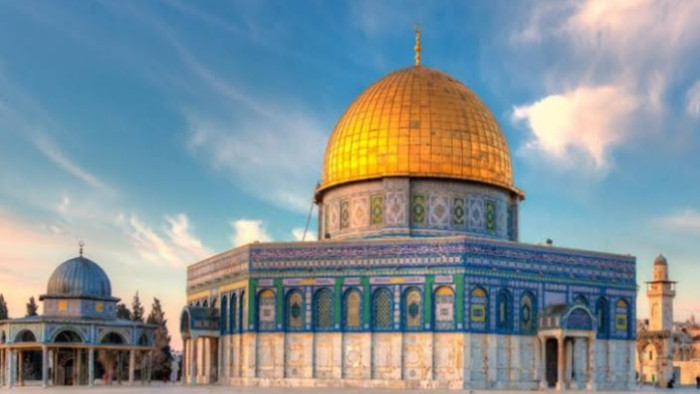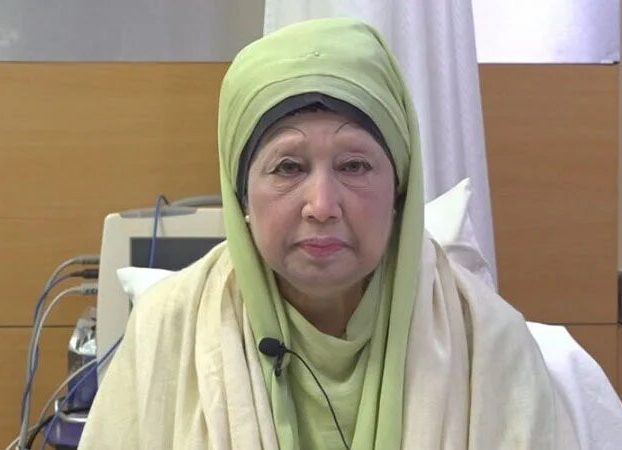
Al-Aqsa Mosque, also called Haram al-Sharif, is an important historical and religious center for the Muslim world as the third holiest site in Islam. It is located in the Old City of Jerusalem and is considered a place of great prestige to the Muslim community worldwide for its architecture, history, and religious significance.
Al-Aqsa Mosque was first built in 705 AD during the reign of the Umayyad Caliph Abd al-Malik and his son Al-Walid ibn Abdul-Malik. It was originally made of wood. The mosque has been destroyed and rebuilt several times during its long history due to earthquakes and wars.
The word al-Aqsa” means “distant mosque,” which is mentioned in Surah al-Isra of the Qur’an.
The history of Al-Aqsa Mosque is very old. According to Islamic belief, this is the place where Prophet Muhammad (pbuh) ascended to heaven on the night of Miraj. The mosque was built in the 7th century during the reign of Caliph Abdul Malik Ibn Marwan. Its architectural style is a blend of Islamic and Byzantine art, with the golden dome standing out as one of the highlights. The site and its surroundings are considered sacred to followers of all three religions—Muslims, Christians, and Jews.
As the third holiest site in Islam, Al-Aqsa Mosque holds deep religious significance for Muslims. It is ranked after the Kaaba in Mecca and the Masjid-e-Nabbi in Medina. The mosque was first determined as the Qiblah of the Muslims, which was later transferred to the Kaaba. Every year millions of Muslims from different parts of the world come to this mosque for prayers.
Al-Aqsa Mosque is not only religious but also politically and socially important. It has been at the center of controversy and conflict many times, especially between Israel and Palestine. Ongoing disputes over control of the mosque and its surrounding territory have complicated the local and international political situation. The passion and spirituality surrounding this mosque has become a symbol of the unity of the Muslim world.
Al-Aqsa Mosque is of immense importance to Muslims worldwide as the third holiest site in Islam. Its history, religious significance, and current political context make it a unique institution. Al-Aqsa Mosque has made a lasting impression on the Muslim world through its combination of religious beliefs, historical monuments and current political situation.
Al-Aqsa Mosque was considered the Qiblah (direction of prayer) in the early days of Islam, later the Qiblah was moved to the Kaaba Sharif. Since the Israeli occupation in 1967, the mosque has been at the center of various conflicts. Muslims and Jews have long been in conflict over control of the site.
Al-Aqsa Mosque is not only important from a religious point of view, but it is also an important landmark of Islamic architecture and culture. It is considered an invaluable asset historically and religiously for Muslims.

 Md. Ibrahim Hossain Bishal
Md. Ibrahim Hossain Bishal 


















